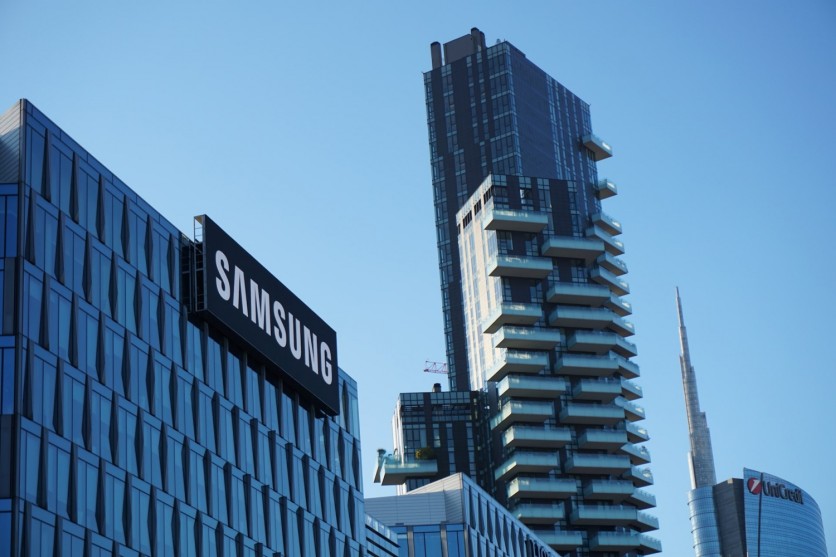
Samsung Electronics said on Wednesday, Mar. 15, that it would spend $230 billion (300 trillion won) to develop five new memory and foundry fabs in South Korea, supporting the government's goal of creating a giant semiconductor center in Yongin, outside Seoul. These expenditures will continue until the year 2042.
Countries such as the US, Taiwan, Japan, and China rush to increase their domestic chip manufacturing to counteract risks to global supply chain disruption due to rising tensions between the US and China.
Therefore, this move by Samsung suggests the country is also shoring up its national semiconductor production line to secure the supplier base.
"The economic battlefield, which recently began with chips, has expanded ... countries are providing large-scale subsidies and tax support," said President Yoon Suk Yeol. "[We] must support private investments to ensure further growth ... the government must provide location, R&D, manpower, and tax support."
Future Plans for Chip Sector
According to an email statement sent to TechCrunch by a Samsung representative, the company plans to spend almost 300 trillion KRW ($230 billion) on the chip-making cluster until 2042.
Despite a government announcement mentioning plans for five units, the spokesperson refused to comment on the number of facilities Samsung would put up in the semiconductor cluster and other specifics.
On Wednesday, the Ministry of Trade, Industry, and Energy (MOTIE) in South Korea announced a new plan to spend 500 trillion KRW ($422 billion) by 2026 to develop semiconductors, electric car batteries, autonomous vehicles, robotics, and displays. Due to semiconductors as critical "economic support and national security assets," the government said it will designate the 340 trillion KRW ($260 billion) investment in the chip industry by 2026.
In a recent statement issued by the country's trade ministry, the mega semiconductor hub will also have a whole market value chain of chip-making processes, including memory, foundry, and design houses. It will also attract 150 domestic and global fabless enterprises, sophisticated chip materials, and equipment manufacturers.
The report indicates that the South Korean government plans to enhance tax benefits for firms operating in the advanced technology sector to encourage the growth of the country's high-tech industry.

Measures to Boost Local Output
It is not only South Korea that is taking significant steps to expand its domestic manufacturing capabilities.
To revitalize its semiconductor sector, Japan has been forming partnerships with companies from across the world that produce semiconductors and chip equipment. To that end, Taiwan Semiconductor Manufacturing Corporation (TSMC), the biggest contract chip maker in the world, has been increasing its production capacity in both Taiwan and other countries, including the US and Japan.
In addition to its existing foundry chip factory in Austin, Texas, Samsung has announced intentions to spend an extra $17 billion in the US by constructing a manufacturing site in Taylor, Texas. It is also exploring a $200 billion investment to build an additional 11 chip factories in the Lone Star State.

![Apple Watch Series 10 [GPS 42mm]](https://d.techtimes.com/en/full/453899/apple-watch-series-10-gps-42mm.jpg?w=184&h=103&f=9fb3c2ea2db928c663d1d2eadbcb3e52)



